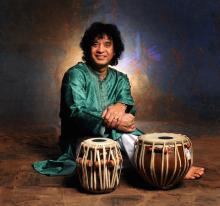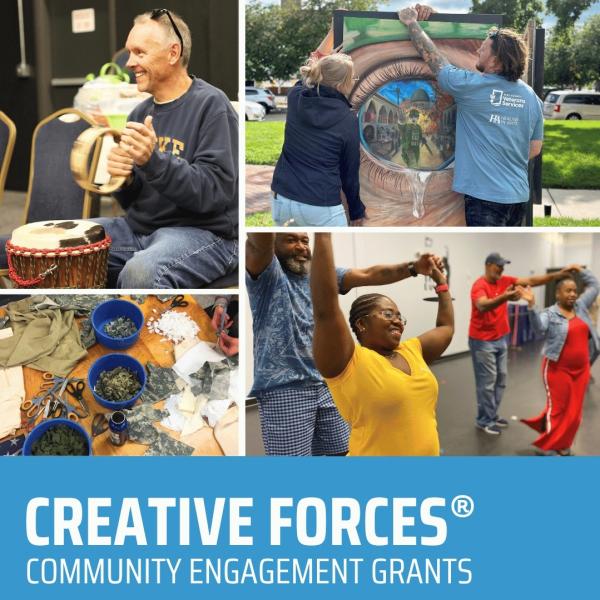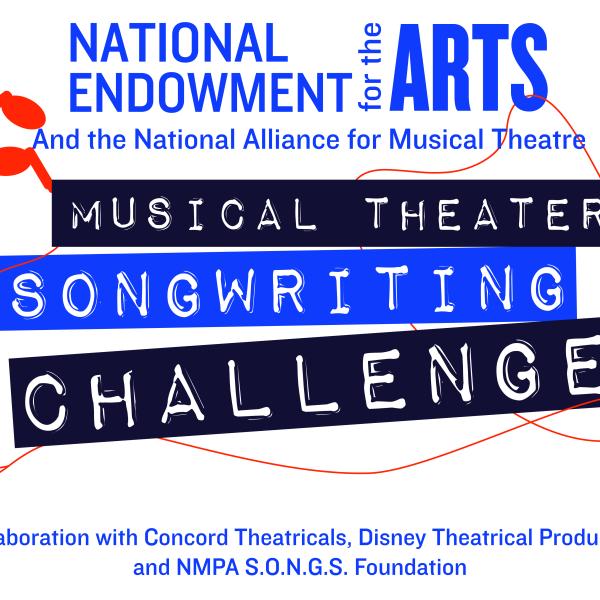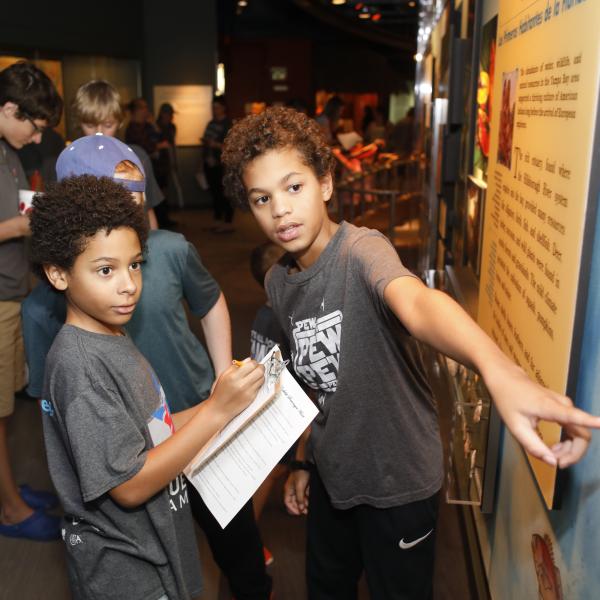National Endowment for the Arts Statement on the Death of National Heritage Fellow Ustad Zakir Hussain
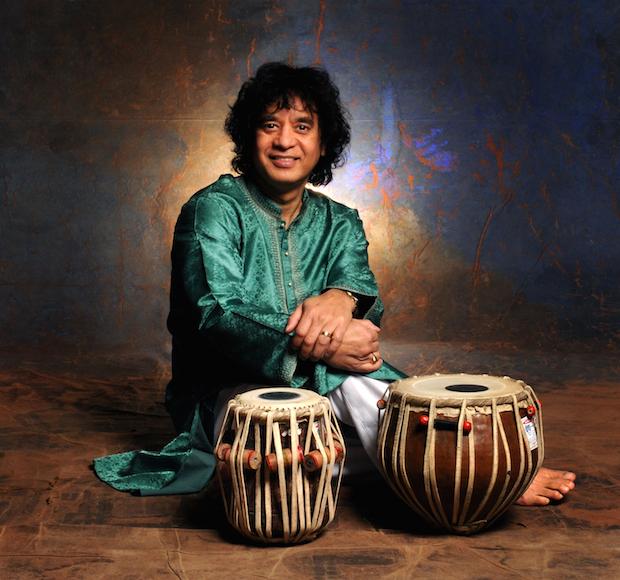
Washington, DC—It is with great sadness that the National Endowment for the Arts acknowledges the passing of tabla master Ustad Zakir Hussain, recipient of a 1999 NEA National Heritage Fellowship, the nation’s highest honor in the folk and traditional arts. Throughout his career, Hussain performed with some of the world’s greatest Indian musicians and collaborated with such diverse performers as cellist Yo-Yo Ma, singer-songwriter Van Morrison, banjoist/composer Béla Fleck, and NEA Jazz Master Charles Lloyd.
“I knew of Zakir Hussain, and what I heard was the deep blues, like I heard a source music coming out of him,” Lloyd said of Hussain in an interview with the NEA. “He was beatin' those beats out with such soulfulness that it took me back to [blues musician] Howlin’ Wolf…I just always loved him.”
Zakir Hussain Allaraka Qureshi was born March 9, 1951, in Mumbai, India. He was the son of Ustad Allah Rakha Khan, a tabla master. Hussain started playing the tabla as soon as he could reach across the drums. His study with his father was intensive: "You grow up in the atmosphere of music 24 hours a day," Hussain said, "and you don't have to do anything else." He began playing concerts by age seven and started touring at 12 years old.
The tabla was developed in the fourteenth century to accompany vocal, instrumental, and dance music and is composed of two drums. It is deeply rooted in Indian tradition, and while Hussain was known as an innovator, he saw a need to balance innovation with continuity: "You have to stay very close to your tradition, but also be able to inject some of what the world has to offer. It is time for Indian music to look outside rather than just to have the outside world borrow from Indian music."
Hussain made his American debut performing with sitarist Ravi Shankar at the Fillmore East in New York City. While in New York, he met guitarist John McLaughlin, and their friendship led to the formation of Shakti, a musical group that also included Indian violinist L. Shankar. He went on to collaborate with musicians across genres, including Grateful Dead drummer Mickey Hart who featured Hussain on his 1992 Grammy-award winning album Planet Drum. Its follow-up, Global Drum Project, won Hussain his first Grammy award in 2009.
Hussain contributed to the soundtracks of several films, including Heat and Dust, in which he also starred. His musical contributions to the film were nominated for an award at the 1983 Cannes Film Festival. A year later, he started his own percussion ensemble, the Zakir Hussain Rhythm Experience. In 1991, he was awarded the Sangeet Natak Akademi by India's preeminent cultural institute, and in 1996 he was involved in composing music for the opening ceremonies of the Summer Olympics in Atlanta.
In 2023, Hussain was honored with the Padma Vibushan, India’s second-highest civilian award, presented for “exceptional and distinguished service.” Earlier this year, Hussain won three Grammy awards for best contemporary instrumental album (As We Speak), best global music album (This Moment), and best global music performance.
Related Content
Contact
NEA Public Affairs, publicaffairs@arts.gov


